Legal Aid Clinic
08/08/2023 2024-04-10 11:20Legal Aid Clinic
Legal Aid Clinic
The Legal Aid Clinic at Jindal Global Law School and Social Services Society aim at empowering the communities living in the vicinity of campus and providing enduring solutions to their problems by invoking law as a tool of social engineering. Both the societies are coherently structured and split into various initiatives aiming at effecting catering to diverse range of issues countenanced by the community members. As part of Legal Aid Clinic’s and Social Services Society’s education initiative, diverse range of activities have been embarked upon.
The Social Services Society engages with children from economically weaker section from the nearby communities and provide them free tuitions on campus. This has helped many students to graduate with flying colours in senior secondary examinations. The Legal Aid Clinic’s education initiative has been engaging with the schools in the nearby villages of Chhatera and Jatheri on diverse range of issues including quality of teaching, abysmal attendance of teachers and students in the school, electricity problems faced by public schools and sanitation concerns.
The education initiative along with litigation initiative has filed number of petitions in the courts to enforce the provisions of the Right of Children to Free and Compulsory Education Act, 2009 which enables children from weaker sections to study in private schools. The recent victory of the Clinic before the Allahabad High Court in securing 6.37 lakh seats for children from economically weaker section is particularly noteworthy in this respect.
The right to information initiative of the Legal Aid Clinic is directly involved in promoting Swachh Bharat Abhiyan in Jatheri village and has filed multiple RTI applications in addressing cleanliness issues in the village. The initiative is working closely with people to ensure that toilets are constructed in the community and people are reimbursed as per the government’s policy.
The Clinic has a specialised wing that deals directly with creating awareness about provisions of Protection of Child Sexual Offences Act. This initiative has a three year running MoU with child line India – a leading organisation on the issue in India. There are various awareness camps that are held as part of its mandate in schools, and students are sensitised to differentiate between a ‘good touch’ and a ‘bad touch’. This initiative has already addressed more than 2000 students in the NCR.
The Social Services Society has adopted a nearby village, Rohat and a child orphanage – Balgram, wherein student volunteers frequently engage with the community members to proactively disseminate awareness of laws and rope the community members in main stream of society.
The Legal Aid Clinic’s initiative on access to healthcare has been a champion of healthcare laws in the community. It aims at creating awareness on free schemes under the Haryana Mukhya Mantri Ilaj Yojna to nearby community members and bridge the gap in access to health care. The clinic has also filed a petition before the Allahabad High Court, in the wake of Gorakhpur tragedy, to seek a direction from the court to make healthcare as a justiciable right.
The Legal Aid Clinic’s legal awareness initiative works very closely with S.M.Sehgal Foundation and District Legal Services Authority in creating awareness in the villages of Gurgaon and Sonipat. The mandate is to conduct legal awareness camps and provide information on welfare schemes to community members and also take up their pending applications and expedite them before the concerned authorities.
Recognising its work, the Legal Aid Clinic was awarded community engagement awards by Hebert Smith Freehills’ – an International law firm that is known for its community engagement schemes and pro onto services on 7th September, 2017.
The need to strengthen and promote Law School Clinics (LSCs) in India stems from various pressing concerns related to equal access to justice, legal aid, rule of law, governance, and human rights. With over sixteen hundred law schools in India, there exists immense potential to bridge the gap between legal promises and their real-world implementation, thereby ensuring the realization of constitutional guarantees like the right to a dignified life and equality before the law. To achieve this goal, harnessing the potential of law schools, their mandate, infrastructure, and young minds becomes crucial.
Clinical Legal Education (CLE), a method of teaching law, plays a pivotal role in building lawyering skills and pursuing social justice. On a micro level, CLE imparts valuable lawyering skills to students, while on a macro level, it seeks to achieve social justice. By adopting the “learning by doing” approach, CLE empowers students to apply legal principles to real-life situations and work with clients, making legal clinics an essential component of this process.
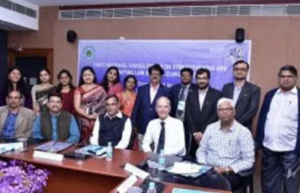 Strengthening law school clinics offers a solution to make legal education more effective and socially relevant. Law schools, equipped with opportunities for real-world engagement, can play a vital role in ensuring equal access to justice for all. CLE can be employed in almost every law school course, revolutionizing legal education and facilitating access to justice on a large scale.
Strengthening law school clinics offers a solution to make legal education more effective and socially relevant. Law schools, equipped with opportunities for real-world engagement, can play a vital role in ensuring equal access to justice for all. CLE can be employed in almost every law school course, revolutionizing legal education and facilitating access to justice on a large scale.
To achieve this transformative vision, Jindal Global Law School’s Clinical Programmes, in collaboration with various partners, has taken the initiative to strengthen and promote legal clinics in one hundred selected law schools across India, aiming to develop them as exemplary models. Regional consultations with law schools are underway to identify these one hundred law schools that will inspire and motivate the remaining fifteen hundred law schools in the country.
The initiative will focus on developing and promoting five regional centers within these selected law schools. Each regional center will support twenty law schools, ultimately creating a network of one hundred law schools with dynamic legal aid clinics dedicated to community service and access to justice. JGLS’ Clinical Programmes will provide support and overall coordination to these regional centers and other stakeholders involved in this transformative endeavor. Through this collaborative effort, the landscape of legal education and access to justice in India can witness significant positive changes.
Awards:

Conferences:
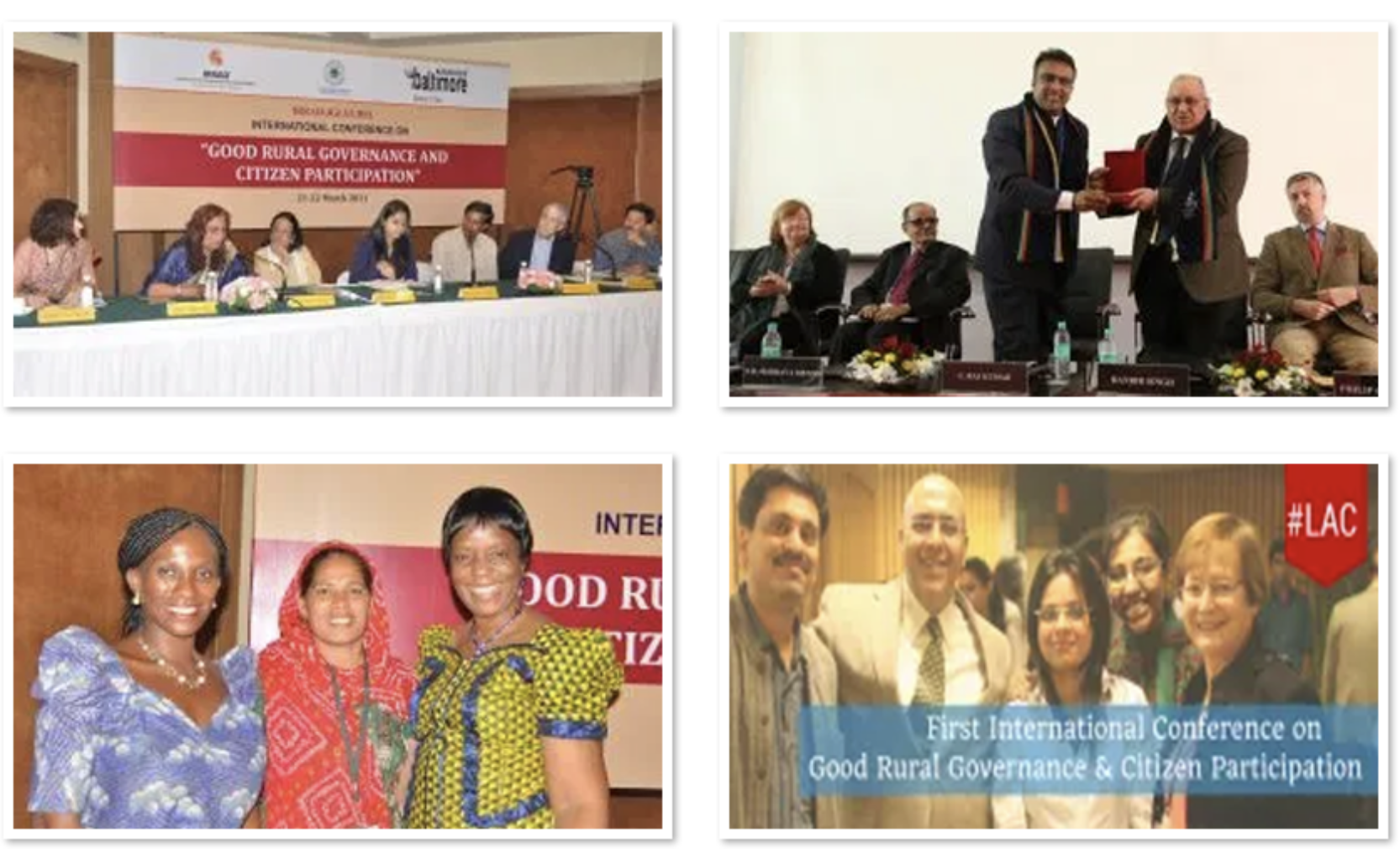
Jindal-Cornell Joint Clinical Course:
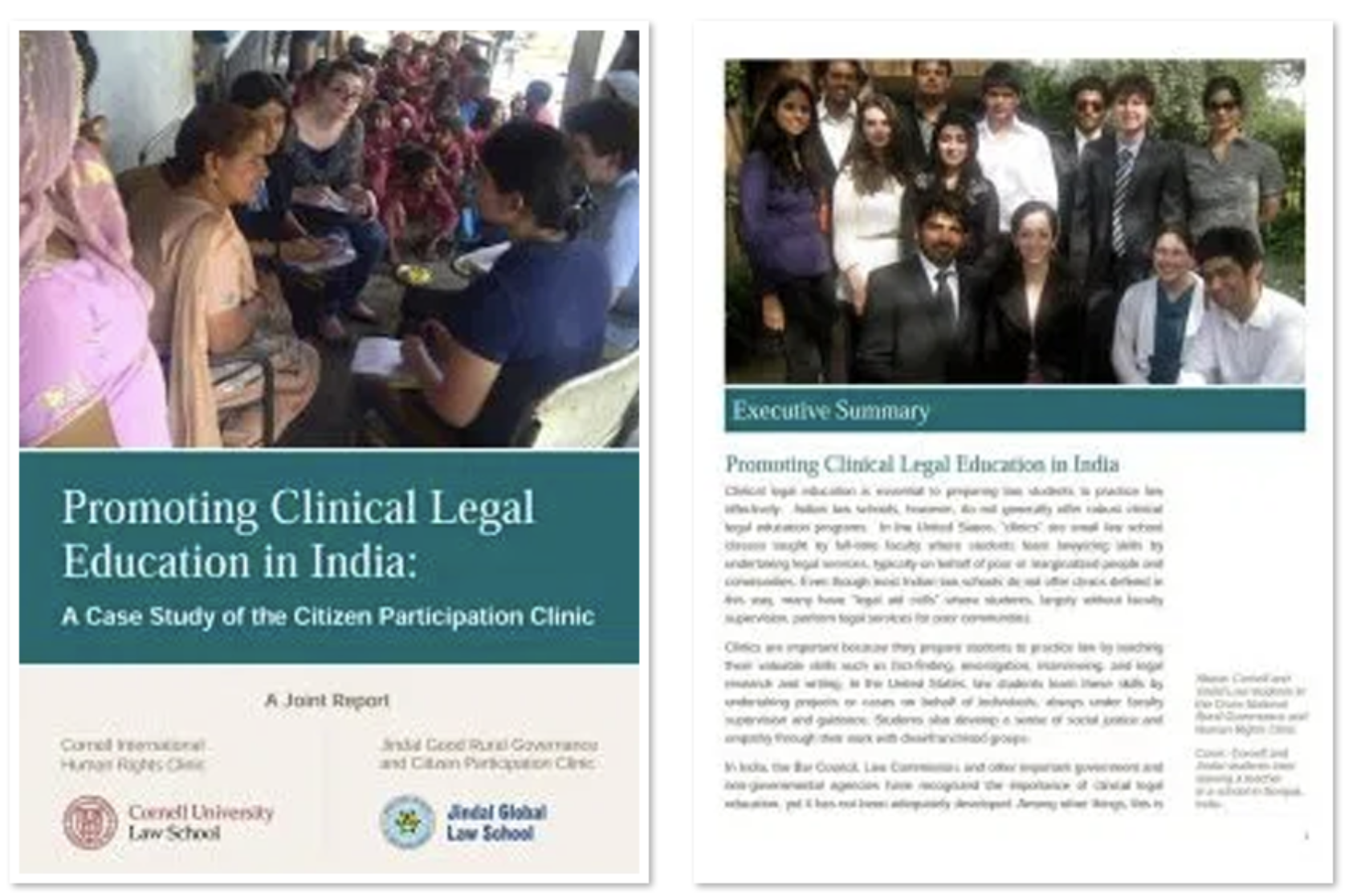
Recognitions:
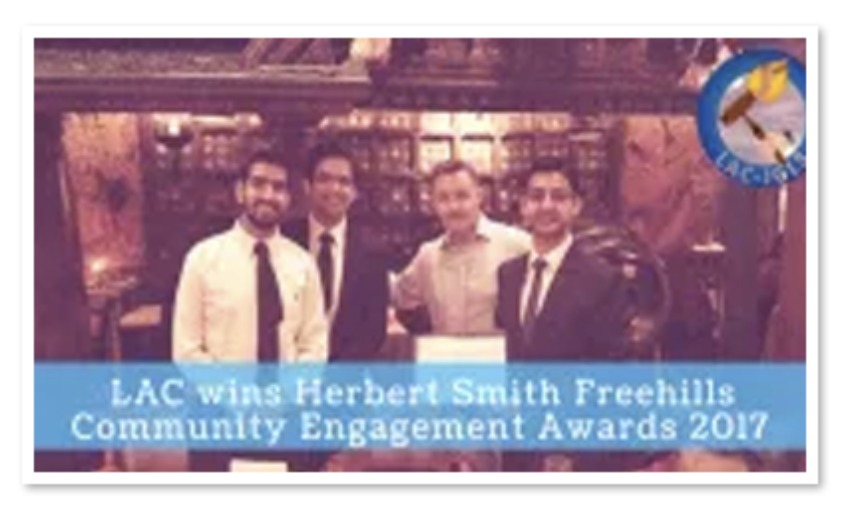
Right to Education:
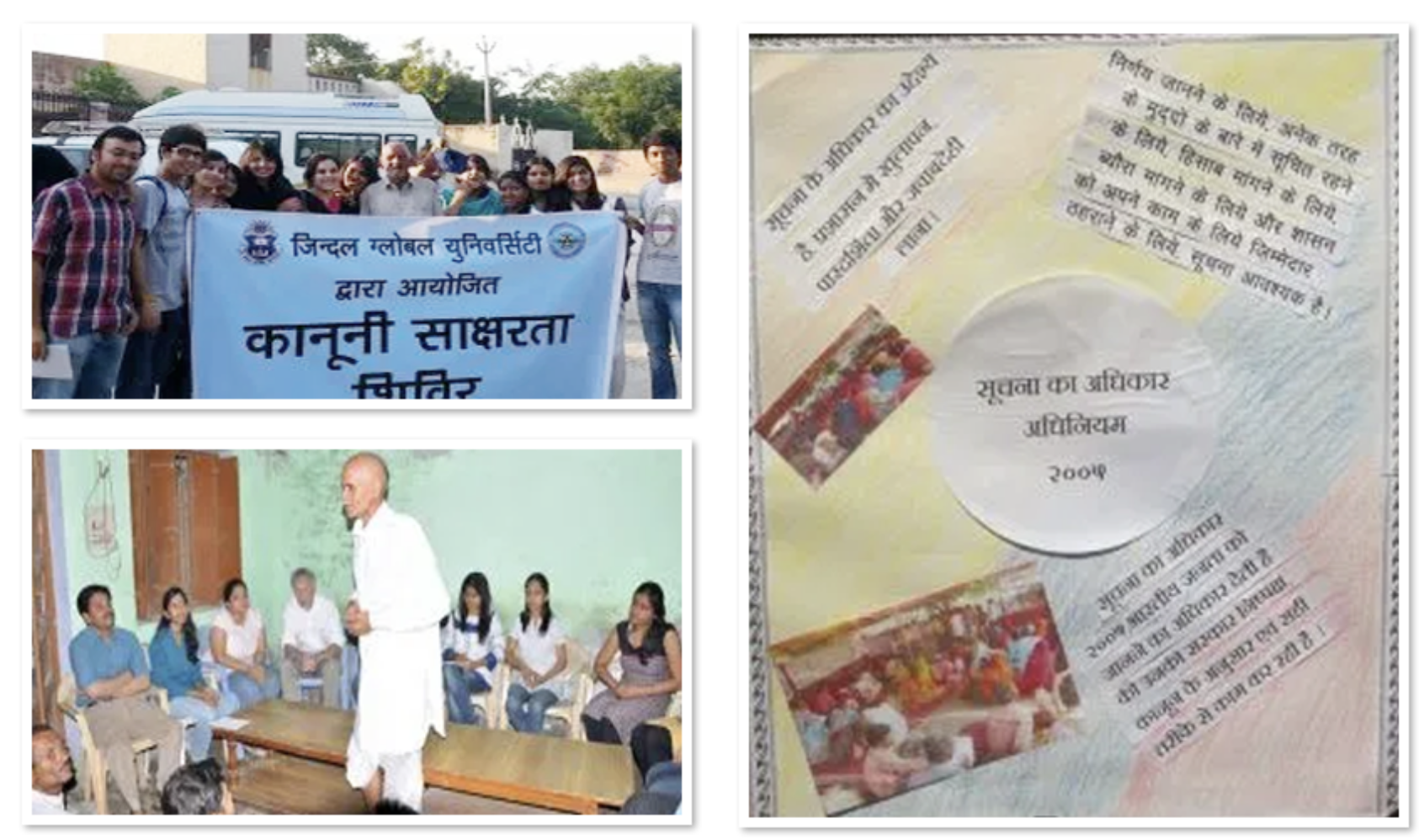
Right to Health:

Right to Information:
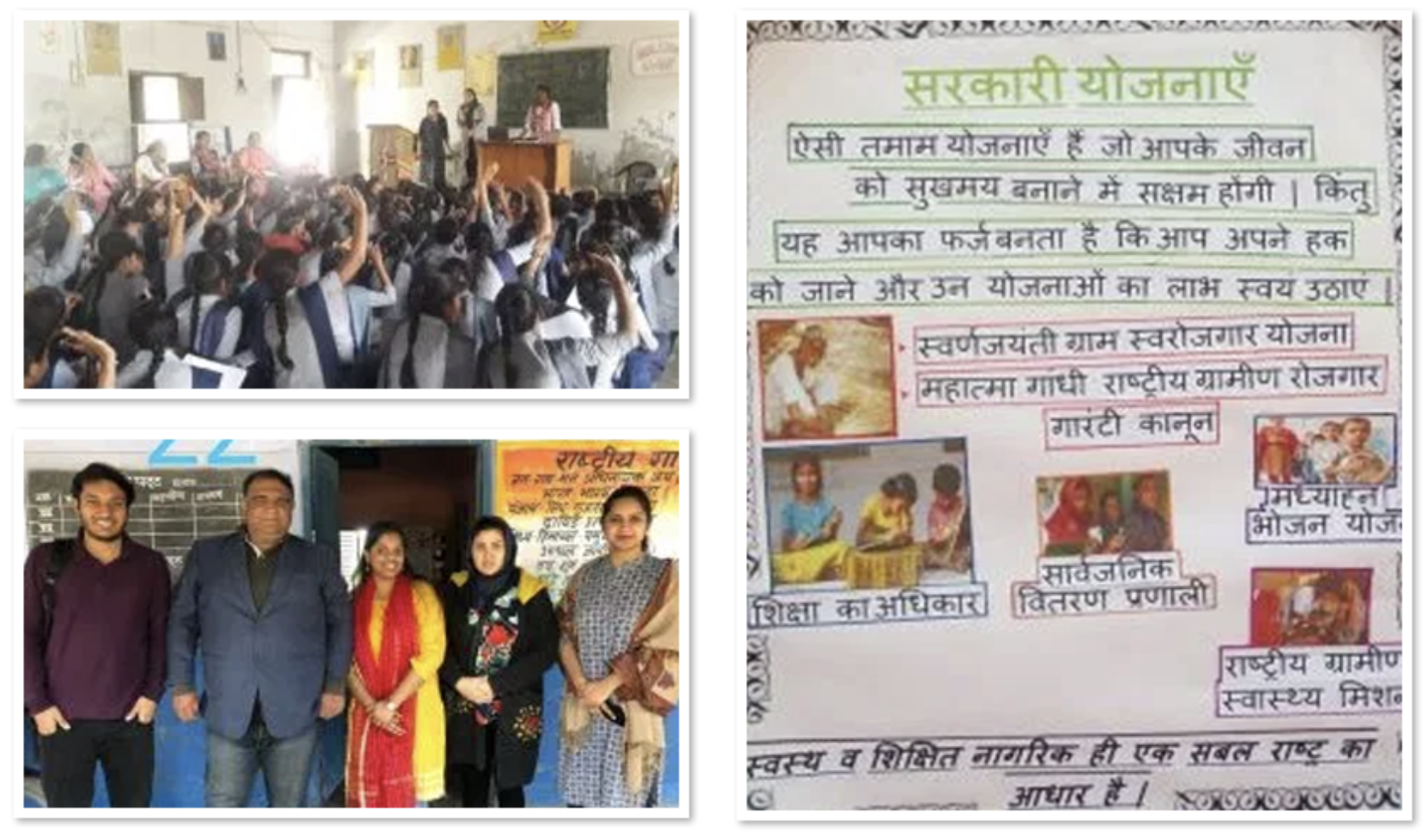
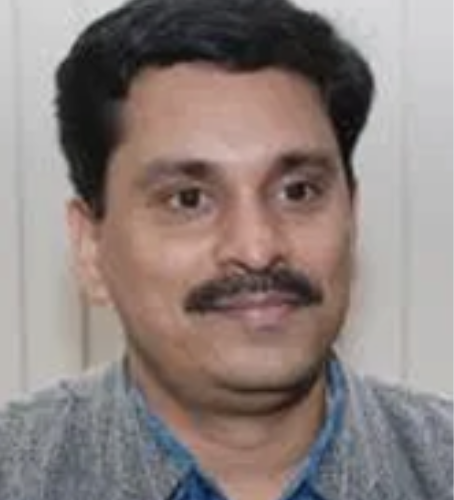
Prof. Ajay Kumar Pandey
Professor and Executive Director, Clinical Programmes, JGLS
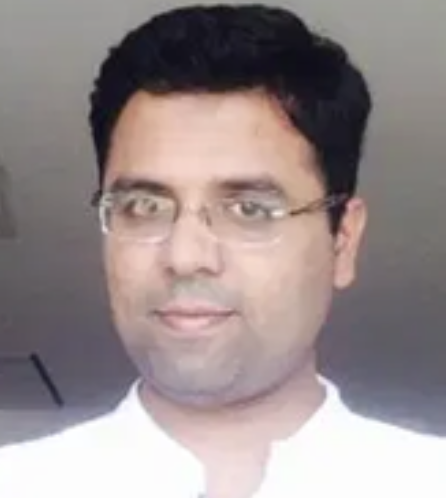
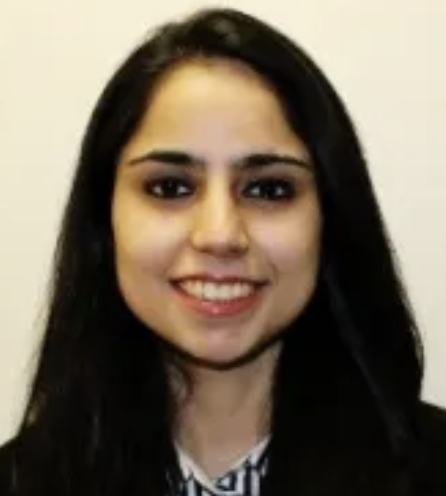
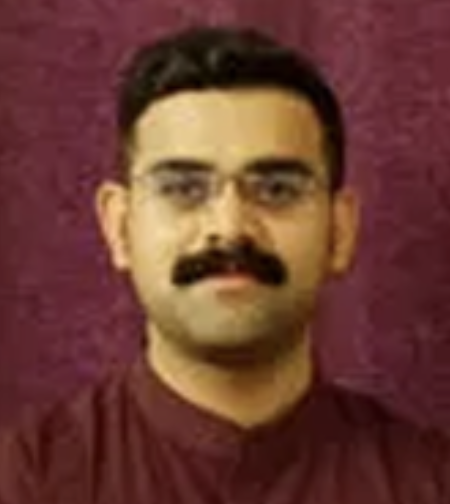
Prof. Sandeep Suresh
Assistant Professor, Assistant Dean (Academic Affairs) & Assistant Director (Legal Aid Clinic)
